Tata Steel Netherlands, one of Europe's largest steel producers, has begun offering its customers the option to receive their steel orders via lower-emission transport methods and in a way that reduces Scope 3 emissions.
Initially the service, called Zeremis Delivered, will be available to buyers within 300km of the company's facilities in the Netherlands and Belgium, but the company is partnering with logistics experts to develop longer-range solutions and other modes of transport such as rail, barge and marine vessels.
The trucks will be powered by HVO100 (hydrotreated vegetable oil), a fossil-free diesel substitute that reduces CO2 emissions by up to 90% compared to conventional fossil fuel, the company said.
Tata Steel Netherlands is not the first steel company in Europe to seek low-carbon transport solutions. In a bid to create low-emission logistics chains and transport concepts, German steelmaker Salzgitter said in August that it aims to increase deliveries to customers via intra-European waterways to more than 1 million metric tonnes per year, for which it is developing a cooperation with HGK Shipping.
The Zeremis Delivered offering is in addition to Tata Steel Nederland's Zeremis Carbon Lite solution introduced last year, which offers hot-rolled coil with a carbon footprint of 1.54 mt CO2 per metric tonne, about 30% lower than the EU average of 2.2 mtCO2e/mt.
Tata Steel Netherlands, which has the capacity to produce 7.5 million metric tonnes of hot and cold rolled coil per year at its blast furnace-basic oxygen furnace-based IJmuiden steel mill, has previously announced that it aims to reduce CO2 emissions by 35%-40% by 2030 and become completely carbon neutral by 2045.
To this end, the company is testing and implementing CO2-reducing measures such as the use of bio-coal, hot briquetted iron and hydrogen at its plants, as well as maximising the use of scrap. It aims to reduce CO2e emissions by 500,000 metric tonnes before the commissioning of its first Direct Reduced Iron (DRI) plant, which will supply up to 200,000 mt/year of CO2-neutral steel.


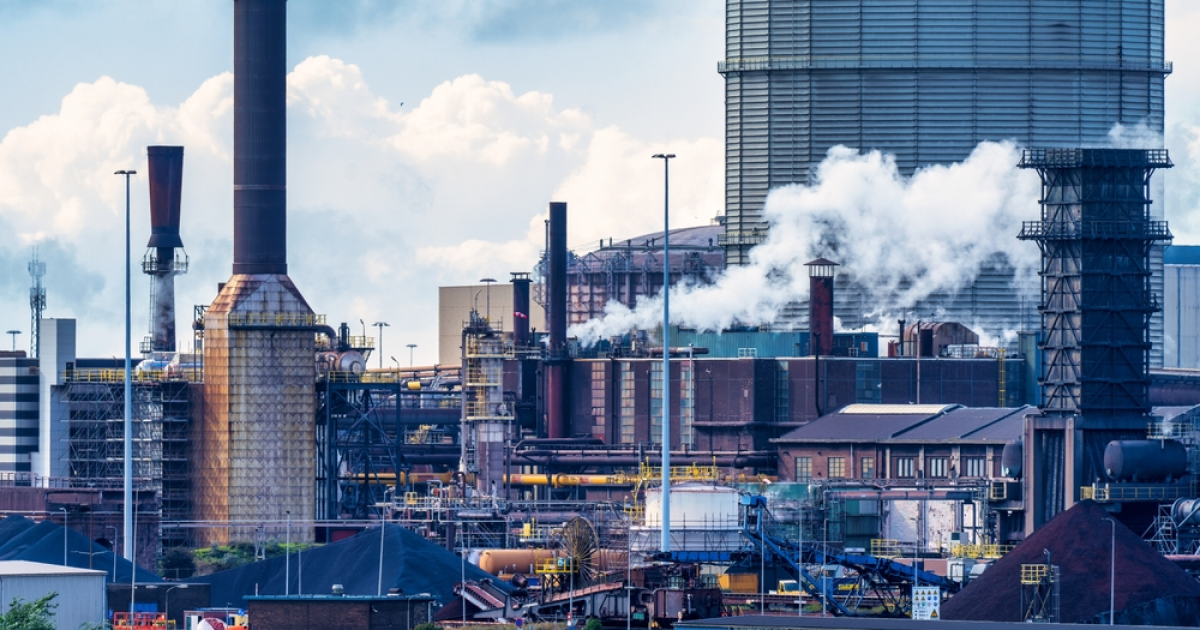

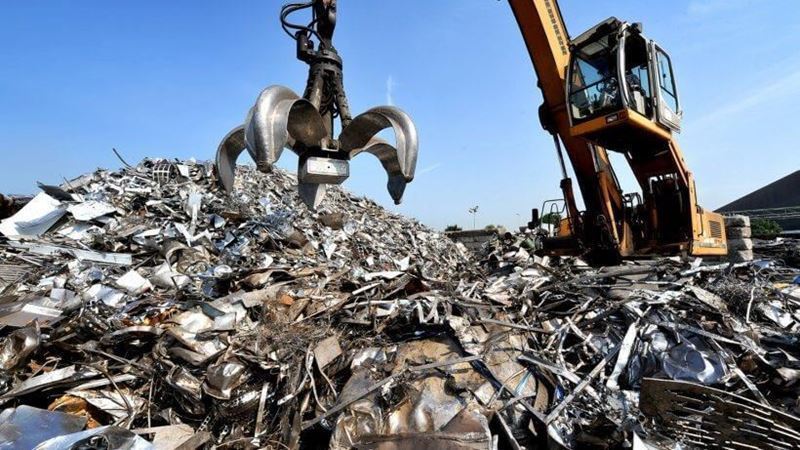
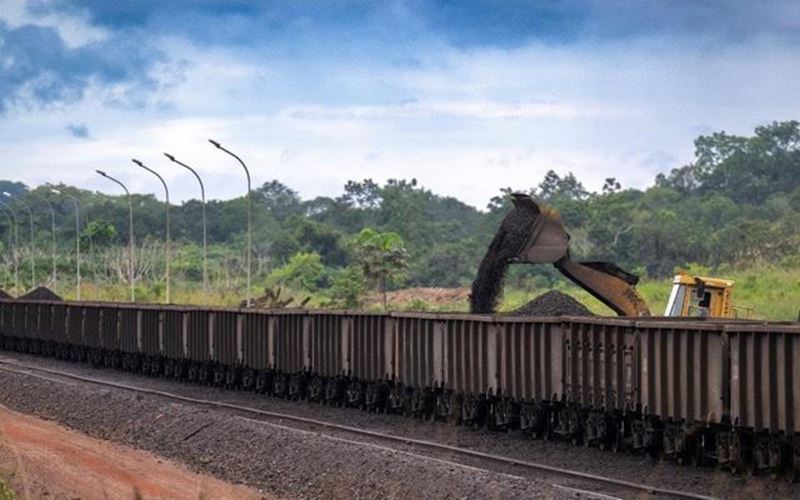
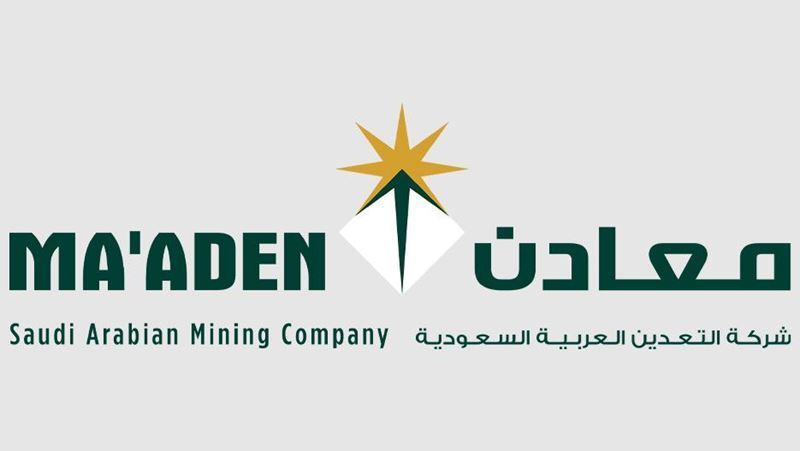

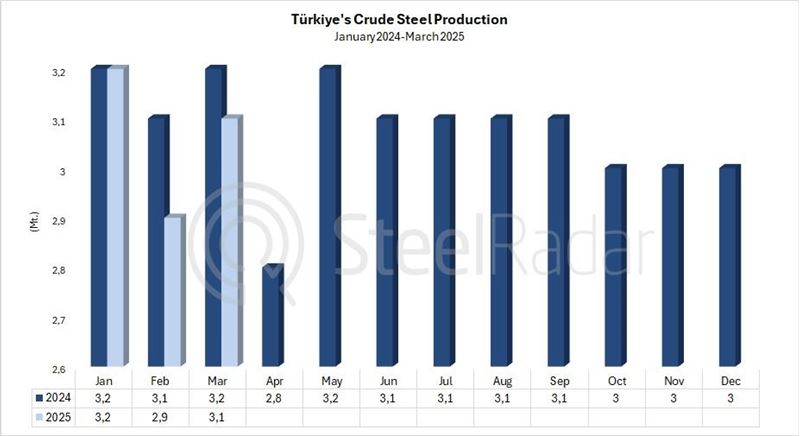


Comments
No comment yet.